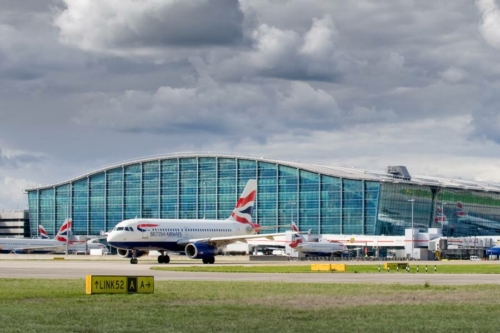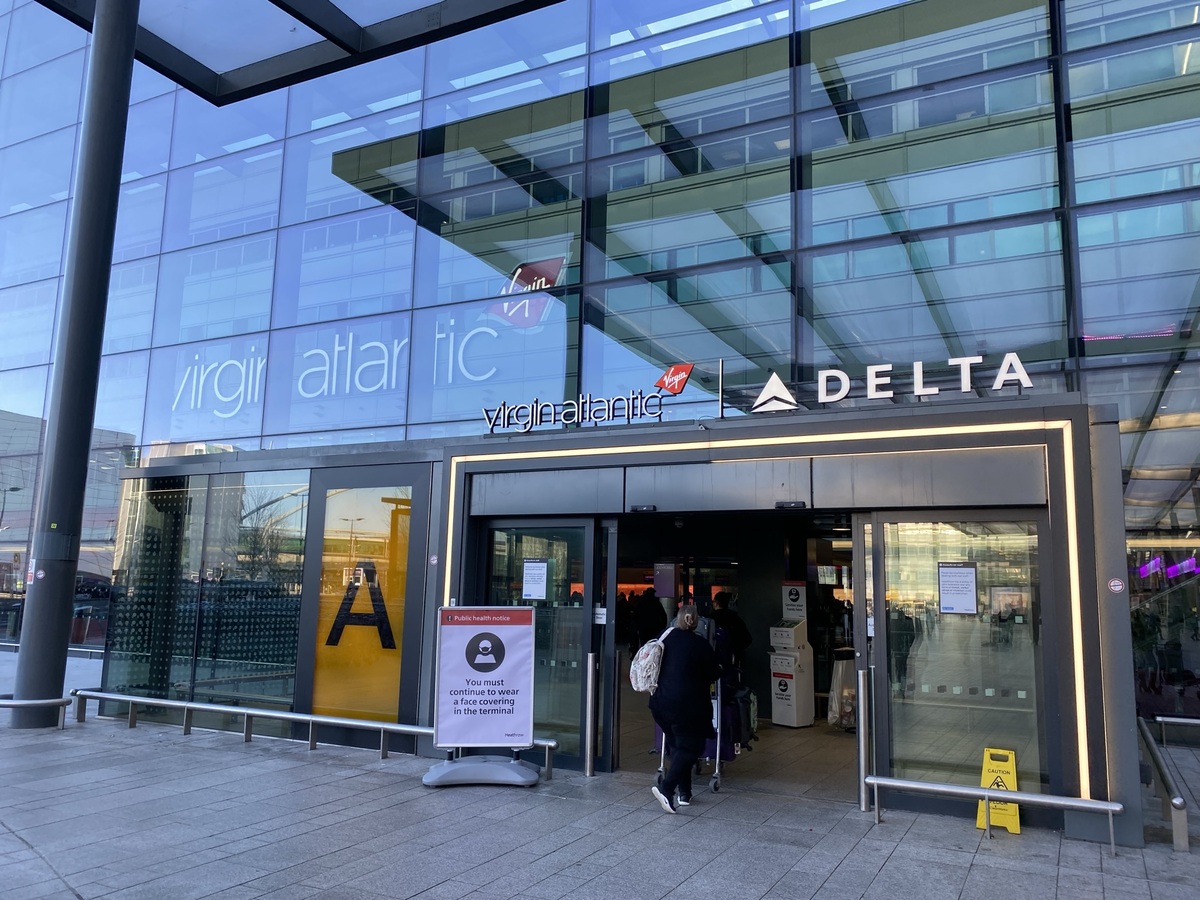SOLD OUT: Heathrow tells airlines to stop selling ANY flights until 11th September
Links on Head for Points may support the site by paying a commission. See here for all partner links.
The Summer air travel situation took a surprising turn on Tuesday when Heathrow effectively stopped airlines from selling any further seats for flights this Summer.
In an open letter, Heathrow CEO John Holland-Kaye said that the airport had realised that it was, effectively, no longer possible for it to offer the level of service it wanted this Summer and that something had to give.
This is especially true for ground handling staff – albeit these are not employed by the airport – which are still chronically below the number required.

Kaye’s solution is to cap Heathrow passenger numbers at 100,000 per day for the Summer period, which they are specifying as ending on 11th September.
This would be fine, except that airlines have already sold an average of 101,500 tickets per day and seats are still on sale.
Effectively immediately, Heathrow has requested:
- the closure for sale of all flights departing from the airport until 11th September
- a reduction in the expected passenger numbers from 101,500 to 100,000 per day
Whilst airlines are not legally bound to follow this, Heathrow will respond by forcing airlines to cancel additional flights if they do not do so.
One way or another, only 100,000 people per day are flying from the airport this Summer.
Whilst not discussed in this letter, the airport is also believed to be considering restrictions on checked luggage and, as it did yesterday for same-day rebooking, banning airlines from rebooking passengers whose flights are cancelled, since this does not nothing to reduce passenger numbers in total.

Here is the full statement:
“The global aviation industry is recovering from the pandemic, but the legacy of COVID continues to pose challenges for the entire sector as it rebuilds capacity. At Heathrow, we have seen 40 years of passenger growth in just four months. Despite this, we managed to get the vast majority of passengers away smoothly on their journeys through the Easter and half term peaks. This was only possible because of close collaboration and planning with our airport partners including airlines, airline ground handlers and Border Force.
“We started recruiting back in November last year in anticipation of capacity recovering this summer, and by the end of July, we will have as many people working in security as we had pre-pandemic. We have also reopened and moved 25 airlines into Terminal 4 to provide more space for passengers and grown our passenger service team.
“New colleagues are learning fast but are not yet up to full speed. However, there are some critical functions in the airport which are still significantly under resourced, in particular ground handlers, who are contracted by airlines to provide check-in staff, load and unload bags and turnaround aircraft. They are doing the very best they can with the resources available and we are giving them as much support possible, but this is a significant constraint to the airport’s overall capacity.
“However, over the past few weeks, as departing passenger numbers have regularly exceeded 100,000 a day, we have started to see periods when service drops to a level that is not acceptable: long queue times, delays for passengers requiring assistance, bags not travelling with passengers or arriving late, low punctuality and last-minute cancellations. This is due to a combination of reduced arrivals punctuality (as a result of delays at other airports and in European airspace) and increased passenger numbers starting to exceed the combined capacity of airlines, airline ground handlers and the airport. Our colleagues are going above and beyond to get as many passengers away as possible, but we cannot put them at risk for their own safety and wellbeing.
“Last month, the DfT and CAA wrote to the sector asking us all to review our plans for the summer and ensure we were prepared to manage expected passenger levels safely and minimise further disruption. Ministers subsequently implemented a slot amnesty programme to encourage airlines to remove flights from their schedules with no penalty. We held off putting additional controls on passenger numbers until this amnesty process concluded last Friday and we had a clearer view of the reductions that airlines have made.
“Some airlines have taken significant action, but others have not, and we believe that further action is needed now to ensure passengers have a safe and reliable journey. We have therefore made the difficult decision to introduce a capacity cap with effect from 12 July to 11 September. Similar measures to control passenger demand have been implemented at other airports both in the UK and around the world.
“Our assessment is that the maximum number of daily departing passengers that airlines, airline ground handlers and the airport can collectively serve over the summer is no more than 100,000. The latest forecasts indicate that even despite the amnesty, daily departing seats over the summer will average 104,000 – giving a daily excess of 4,000 seats. On average only about 1,500 of these 4,000 daily seats have currently been sold to passengers, and so we are asking our airline partners to stop selling summer tickets to limit the impact on passengers.
“By making this intervention now, our objective is to protect flights for the vast majority of passengers at Heathrow this summer and to give confidence that everyone who does travel through the airport will have a safe and reliable journey and arrive at their destination with their bags. We recognise that this will mean some summer journeys will either be moved to another day, another airport or be cancelled and we apologise to those whose travel plans are affected.
“The airport will still be busy, as we are trying to get as many people away as possible, and we ask you to bear with us if it takes a little longer to check in, go through security or collect your bag than you are used to at Heathrow. We ask passengers to help, by making sure they have completed all their COVID requirements online before they come to the airport, by not arriving earlier than 3 hours before their flight, by being ready for security with laptops out of bags and liquids, aerosols and gels in a sealed 100ml plastic bag, and by using e-gates in immigration where eligible. We are all recruiting as fast as we can and aim to return to the excellent service you should expect from the UK’s hub airport as soon as possible.”









Comments (290)